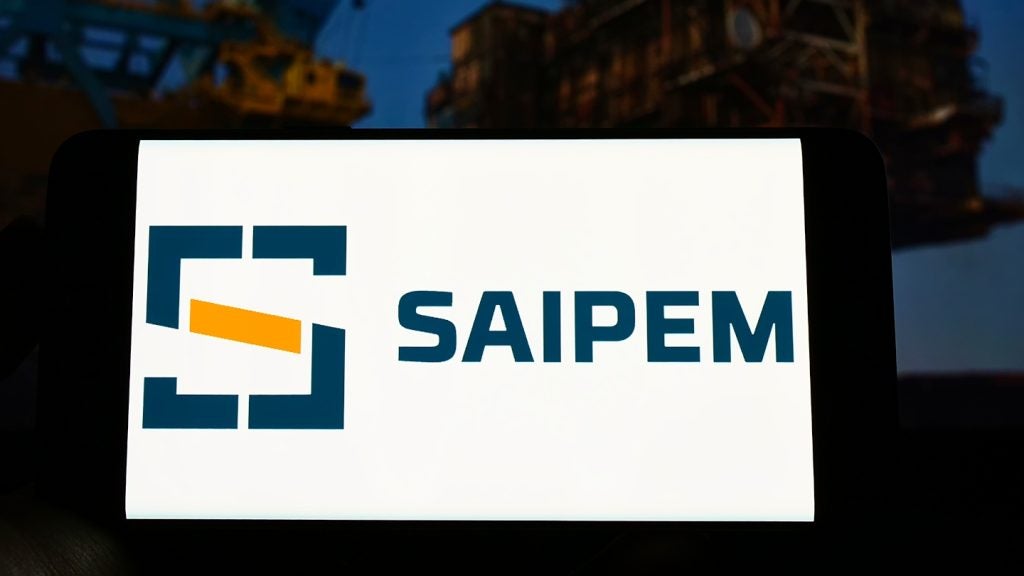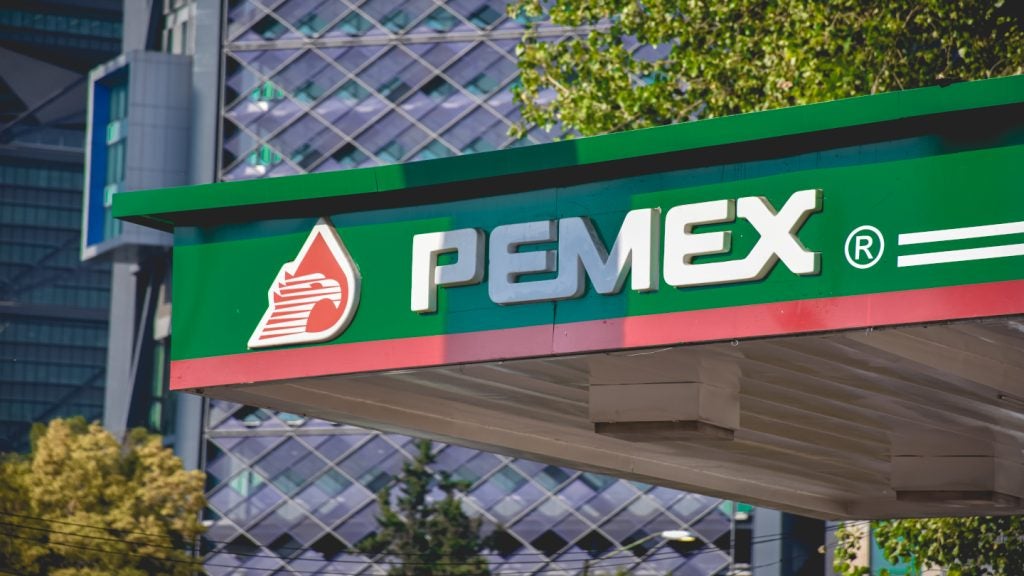

In April, manufacturers, asset and supply chain managers from a variety of industries – both IFS clients and those just curious – descended on a sun-soaked Boston for the annual IFS World conference, all keen to find out how IFS’s solutions can potentially benefit their company.
Amid all the networking and lunching, what delegates discovered was the Swedish software company’s new Applications 9 software. Designed with the input of companies such as Maersk, the upgrade hopes to provide increased agility, ease of use, as well as having in-built real time data analysis and increased speed due to in-memory database technology.
We spoke to IFS’s vice president for research and development Thomas Sald to find out how the new upgrade can benefit the offshore oil and gas industry.
Heidi Vella-Starr: What features of Applications 9 will benefit the oil and gas industry?
Thomas Sald: There are quite a number of new features and functions [in IFS Application 9] that apply to the industry. It is project oriented; for instance we have implemented a contract change management tool, which we have improved in IFS Applications 9. We did that in conjunction with a construction company Brookfield Renewable – I think that is applicable to anyone who is in the project oriented business.
There is also a rental management tool which we see being applicable to not only companies that hire in and hire out but also large corporations that are project oriented. They might have internal renting where they hire or rent a machine or equipment to a project, and so on. Or they might even have their own division that handles this for them – it is relevant both inside a large corporation, if you have a department that internally does the rental in and out, and in a project oriented context where you hire in material and equipment to that specific project. So you get the cost for the rental into the project plan from the beginning and handle that as a project manager of that project.
How well do you really know your competitors?
Access the most comprehensive Company Profiles on the market, powered by GlobalData. Save hours of research. Gain competitive edge.

Thank you!
Your download email will arrive shortly
Not ready to buy yet? Download a free sample
We are confident about the unique quality of our Company Profiles. However, we want you to make the most beneficial decision for your business, so we offer a free sample that you can download by submitting the below form
By GlobalDataFor O&G the revolution is yet to truly take hold, but could this be about to change?
HVS: What other innovation is IFS working on?
TS: Many times if you look at oil and gas, it is quite a dangerous environment. What we are doing in IFS Labs now, for instance, is creating a proof-of-concept that uses voice recognition technology where you can talk to IFS Applications instead of having to type – you can have both hands free and you can talk and say ‘give me the status on this one, that one’. That is a way of moving forward.
Another one that is a good example is smartglasses. In the business context, they can be useful in many circumstances, such as a service job or a maintenance job where you can get instructions inside your glasses so you don’t have to use a screen, but you still have step by step instructions. They are not available yet. In IFS Labs we do the proof of concept of the technology and then we get feedback from customers and see what business value they can provide.
HVS: You have said you want to bring research and development closer to the customer, is there anything that has been implemented in Applications 9 that comes from a client?
TS: If you take the rental management VBMS – one of the early adopters that is in the oil and gas sector; it was running a rental management that was built as a local extension. So we looked at that and said ‘this is interesting’. Together with them we said we will define this to work in the standard context. They, as an early adopter, tried this out and gave us feedback based on the experiences they had before and now we are running rental managements’ Applications 9. That is an awesome example.
HVS: The oil and gas industry is currently focused on cost savings, bearing this in mind what incentive is there to buy into IFS software applications?
TS: We have a very strong industry focus on the oil and gas sector. We are working very closely to some strategic customers there and listening to their feedback. We have made available functionality that is very specific to the oil and gas sector, like the synchronisation between land and different oil platforms.
I think we show in different ways that we are working very close with this sector. The cooperation we have with Maersk shows we have a very strong presence in the market and a very strong industry fit. Also when it comes to a road map and strategy and user experience, if you look at oil and gas they benefit a lot if the application is easy to use and especially for the kind of use they need to have very easy access and very easy to use systems, which is something we focus on. I think mobility is one of our strategic themes – it is also very important in the oil and gas sector.
HVS: How do IFS applications help oil and gas companies to become more agile?
TS: I think IFS applications are known for their agility as it is easier to use and adapt and change in line with when your business changes. Take a typical asset customer, for instance, maybe they were running the main systems themselves – we have seen customers moving between four different processes. They used to be asset intensive, then they moved to the more project oriented sector and then to more service oriented sector. And what we see is that our customers can do these changes in business without having to do big changes in the application. The feedback we get is it is easier to do that with IFS Applications than with other comparable business applications.
It is the same for manufacturing. We were always told that if you set up for a certain type of manufacturing it might be difficult to change, but in IFS Applications we are very good with the mixed node manufacturing which can run different things in parallel – everything from prototype manufacturing to repetitive manufacturing to engineers who order, and you can change between them, you are not stuck in the node you have chosen.
I think that is one benefit that we give them.







